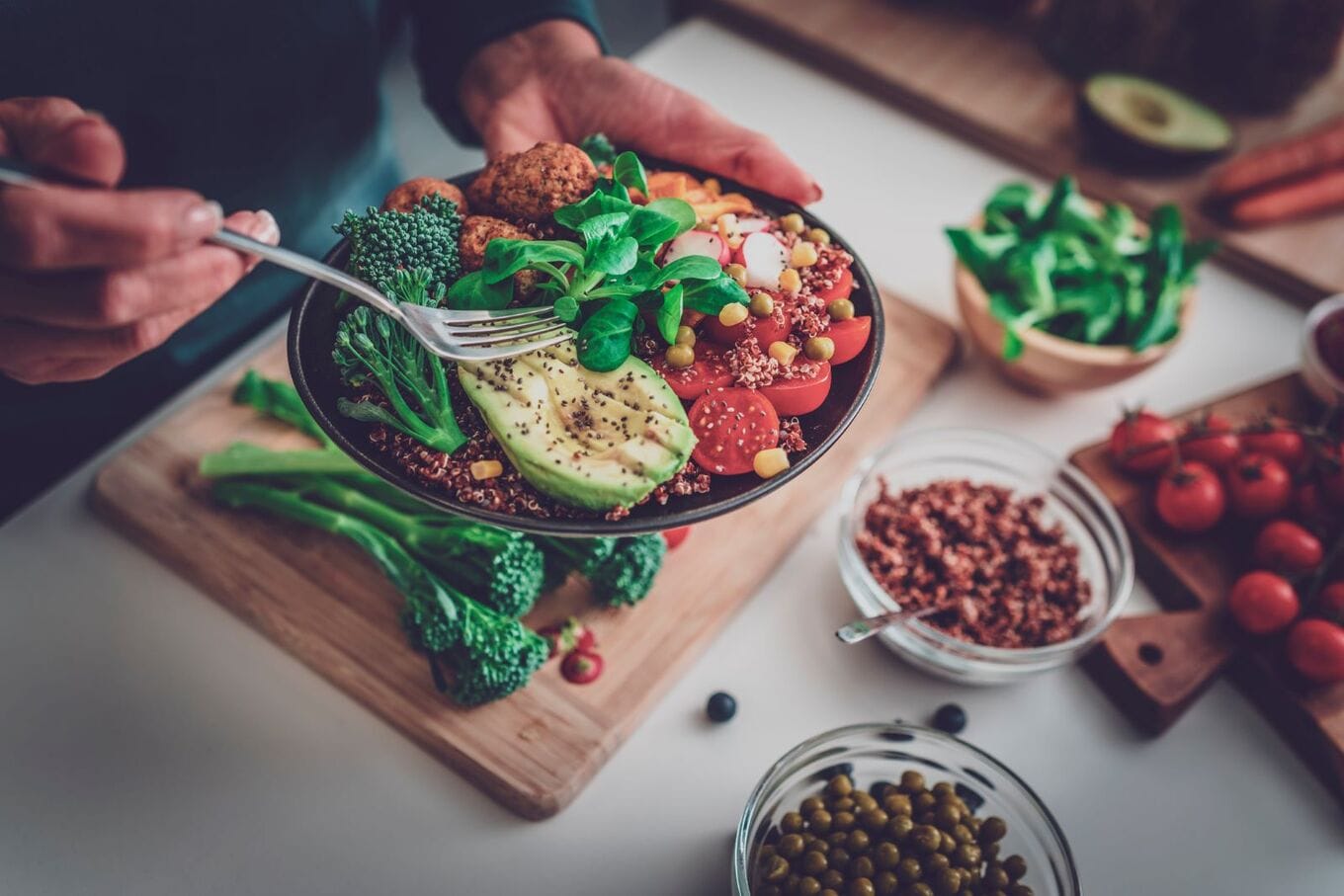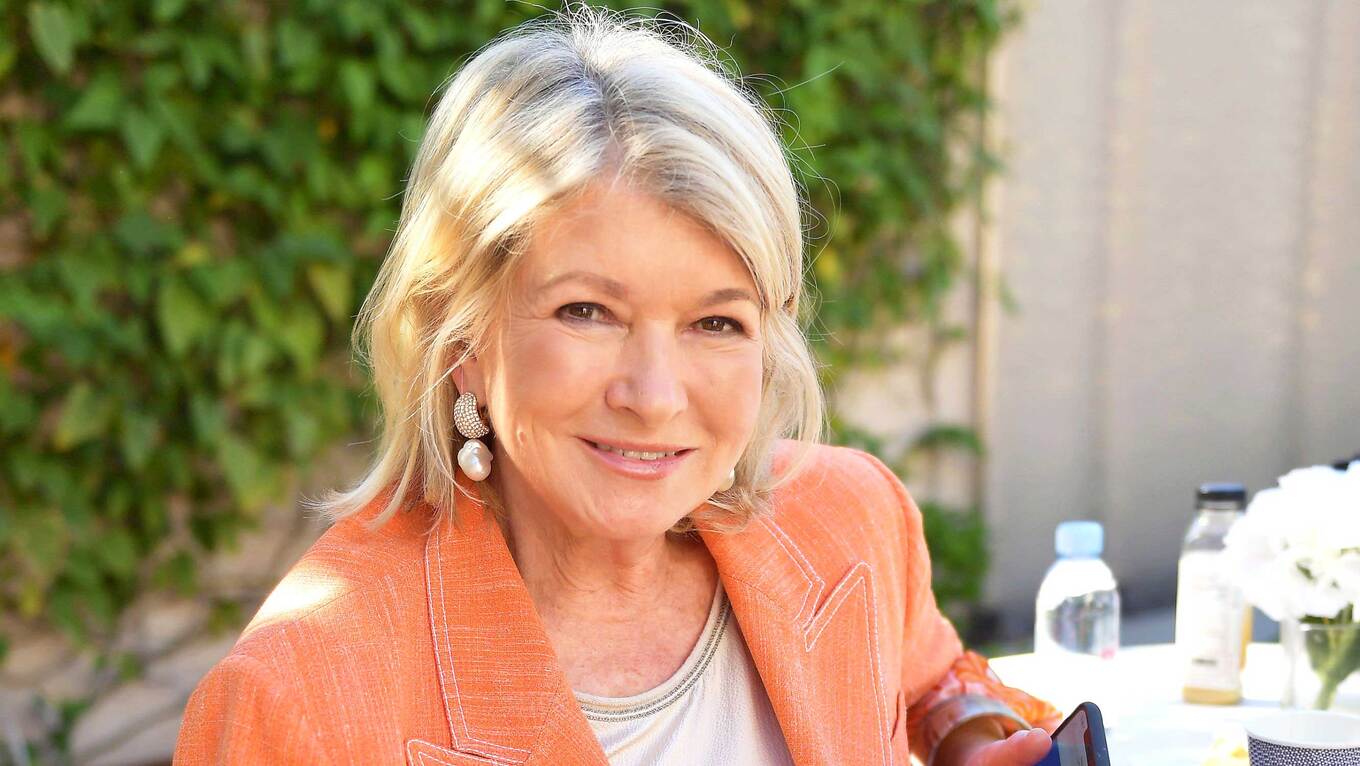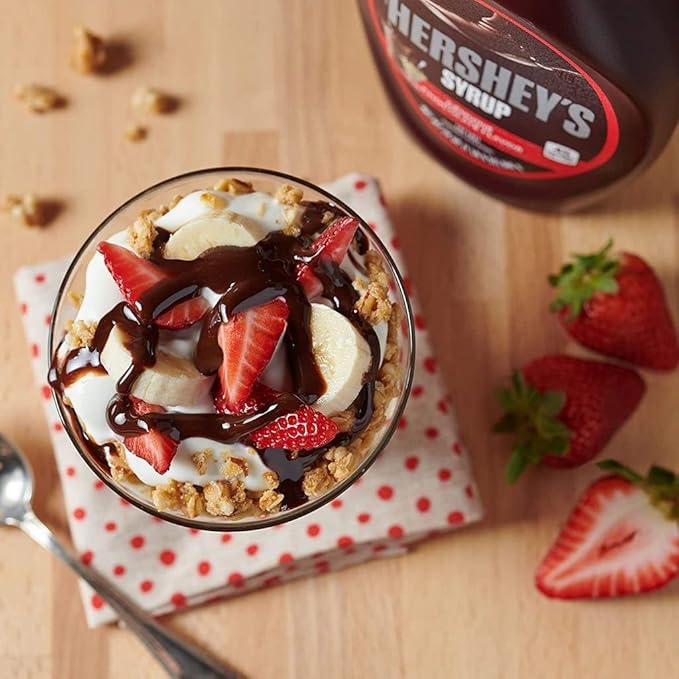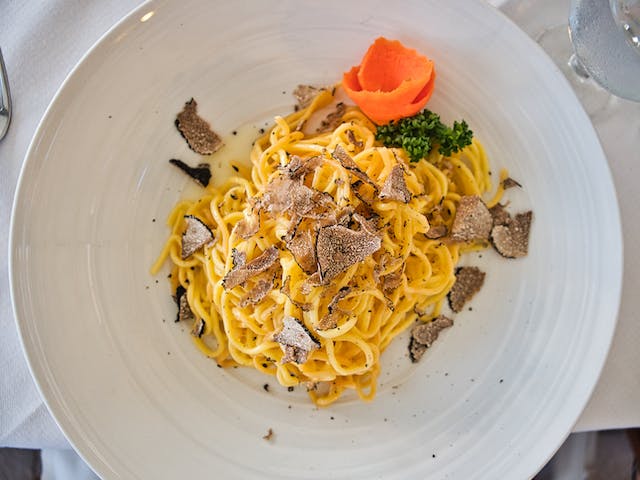Recently, TikTokers were enthusing about the benefits of eating dirt (yes, real dirt—read more about that here), and back in the summer, some users of the popular social media app were raving about drinking coffee with scallions. And that’s just scratching the surface of the many food trends that have circulated on the app. Many eventually fall out of favor, but for over a year now, one food-related challenge has stuck around: the sardine diet.
The sardine diet is exactly what it sounds like. Proponents eat sardines, and only sardines, for several days, weeks, or months. It was first popularized by Annette Bosworth, also known as Dr. Boz, who claims that the diet can help to “boost metabolism and put you into advanced ketosis.” Bosworth had her medical license revoked in 2015.
The sardine diet falls under the keto diet umbrella. Keto diets, which are high in fat and very low in carbohydrates, have risen in popularity in recent years, mostly for weight loss reasons. The aim is, as Bosworth says, to put your body into “ketosis.” In this metabolic state, your body burns fat for energy instead of glucose (which comes from carbohydrates).
Many experts have warned against the original version of the keto diet, which allows for foods like seafood, high-fat meats, high-fat dairy, low-carb vegetables, and eggs. Earlier this year, research suggested that following the diet for an extended period could even lead to kidney and heart damage.
Now, despite what Bosworth says, several dietitians are also warning people away from the sardine-only version of the keto diet, too.
Pexels
Table of Contents
Are sardines good for you?
Sardines do contain important nutrients, including omega-3 fatty acids, protein, vitamin D, B vitamins, and minerals, like calcium and selenium. However, many experts warn against eating them in excessive amounts, partly because of their potential mercury content.
Mercury enters marine ecosystems via plankton (and other similar organisms), which absorb a toxic form of the metal called methylmercury through the water. This methylmercury then accumulates not only in the plankton but also in the fish that eat the plankton. And in the fish that eat the fish that eat the plankton.
This means that eventually, humans also end up consuming mercury, too, through the seafood in our diets. In high doses, mercury can lead to poisoning, which can damage the nervous system, the kidneys, and the immune system, and potentially increase the risk of heart disease.
Even advocates for consuming sardines for their nutritional benefits, like Jenny Shea Rawn, RD, maintain that eating them too much could lead to potential mercury poisoning.
“Eating [sardines] frequently—as in more than four times a week—may be a concern, since you could potentially be exposed to too much [mercury],” she told EatingWell. “It’s always best to choose a variety of different kinds of seafood (and foods, in general) throughout your week to ensure you’re getting a range of nutrients.”
Healthline also warns that canned sardines tend to be high in salt, as well as a substance called purines, which may increase uric acid levels. People who suffer from kidney stones or gout struggle to eliminate excessive uric acid and should be mindful of the amount of purines they consume or risk worsening symptoms.
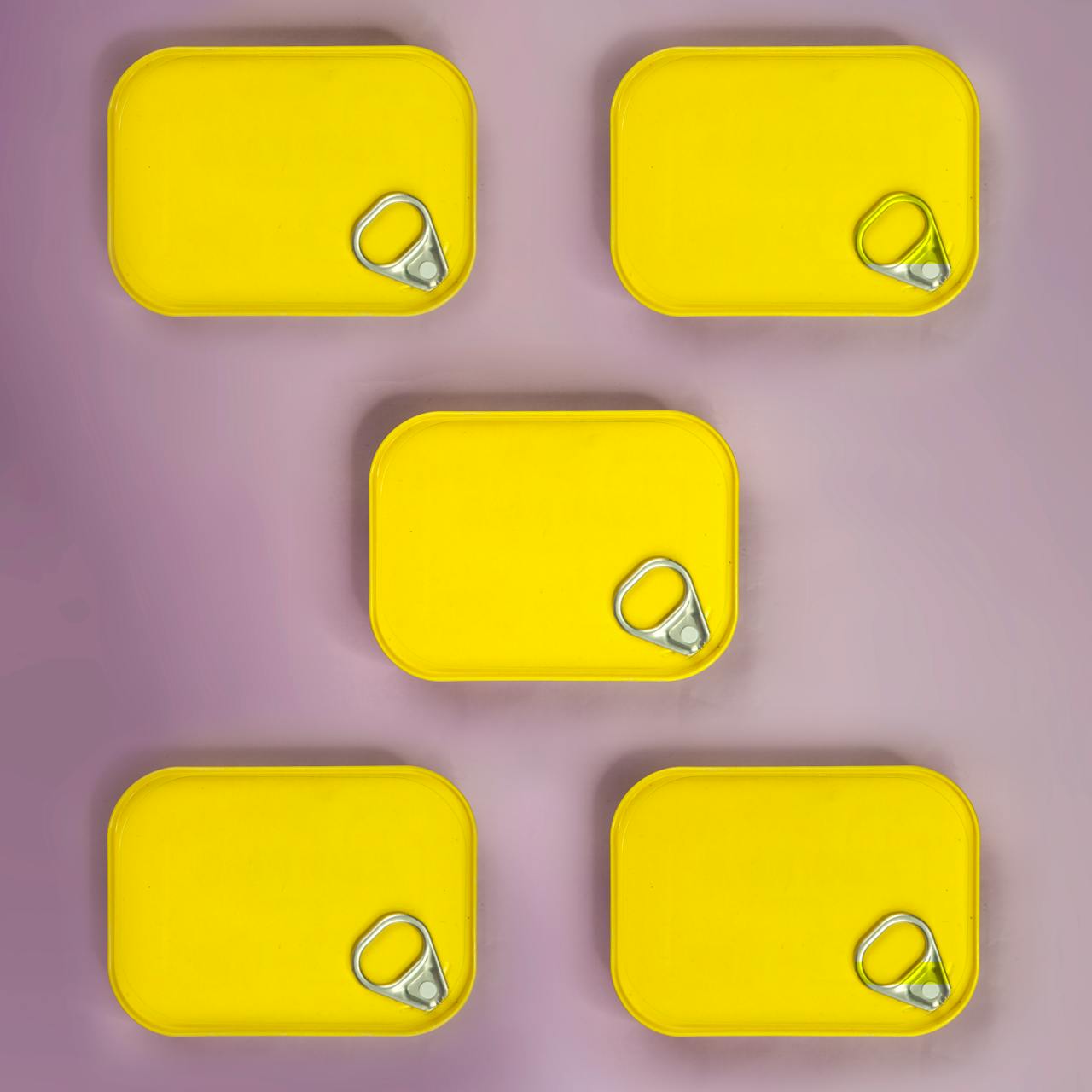 Pexels
Pexels
Is TikTok’s sardine diet safe?
Given that the sardine diet, or the sardine “challenge” as it’s often called, urges people to eat nothing but sardines, following it could be putting people at risk of mercury poisoning. But it could also lead to other nutritional deficiencies, too.
Sardines do not contain any fiber at all, for example. This nutrient is vital for supporting and maintaining overall digestive health, and without it, people may suffer from bowel-related issues, including constipation. But fiber also benefits gut health, too.
“Fiber is important for keeping us regular as most of us know, but it’s also the foundation for a healthy gut,” Nichole Dandrea-Russert, MS, RDN, and author of The Fiber Effect, told VegNews. “A healthy gut leads to less acute and chronic inflammation, both in the gut and throughout the body.”
The sardine diet isn’t the only concerning food trend on TikTok. In fact, earlier this year, one survey from MyFitnessPal and Dublin City University suggested that only two percent of diet and nutrition trends on the app are actually accurate. Despite this, the survey also revealed that more than half of young people on TikTok report being influenced by viral food trends and nutrition advice.
“Nutrition misinformation can be dangerous if followed without the guidance of a person’s health care provider and the nutrition expertise of an RDN,” Joan Salge Blake, EdD, RDN, LDN, FAND, told Healthline.
“Many folks are on medications and have chronic medical issues such as diabetes, heart disease, and high blood pressure for which they must follow a specific diet to meet their nutrition needs. Also, extreme dieting and the promotion of elimination diets that are often promoted via social media can feed into disordered eating and malnutrition, especially among young adults.”
Always consult your healthcare provider before making any extreme dietary changes. And if you do get advice from social media, Blake advises looking for experts on the app with the proper credentials. The letters RD, for example, stand for registered dietitian, while RDN stands for registered dietitian nutritionist–both indicate that a person has received special training in diet, food, and nutrition.


